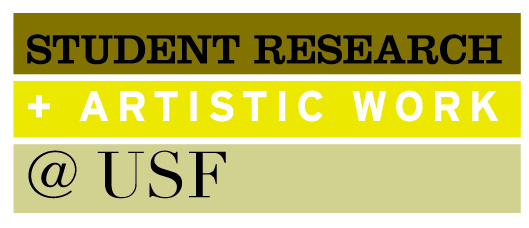
Major
Masters in International and Development Economics
Research Abstract
The motivation for this research is to replicate the Oakland based Family Independence Initiative (FII) and to test the components of this model. The FII program claims its success stems from a bottom-up approach structured around setting life improving goals, mutual support groups, and small monetary incentives for achieved results. We enrolled close to 200 small business owners in four experimental treatments (group, no-group, incentives, no-incentives) and a fifth external control group. The experimental data shows that incentives have the strongest overall impact in improving the likelihood of goal achievement and economic performance. Furthermore, the interaction of goal setting, groups, and incentives has positive significant impacts meaning the full FII program is indeed delivering on its promise to improve people’s economic life: more goals are achieved and monthly sales values are significantly higher than in the other treatment groups. In addition to investigating the mechanisms behind its effectiveness, our research finds that the FII model is replicable in a developing country setting, promising a new potentially successful yet inexpensive way to help people lift themselves out of poverty.
Faculty Mentor/Advisor
Dr. Alessandra Cassar
Incentives and Improved Economic Conditions: A Field Experiment in Medellin, Colombia
The motivation for this research is to replicate the Oakland based Family Independence Initiative (FII) and to test the components of this model. The FII program claims its success stems from a bottom-up approach structured around setting life improving goals, mutual support groups, and small monetary incentives for achieved results. We enrolled close to 200 small business owners in four experimental treatments (group, no-group, incentives, no-incentives) and a fifth external control group. The experimental data shows that incentives have the strongest overall impact in improving the likelihood of goal achievement and economic performance. Furthermore, the interaction of goal setting, groups, and incentives has positive significant impacts meaning the full FII program is indeed delivering on its promise to improve people’s economic life: more goals are achieved and monthly sales values are significantly higher than in the other treatment groups. In addition to investigating the mechanisms behind its effectiveness, our research finds that the FII model is replicable in a developing country setting, promising a new potentially successful yet inexpensive way to help people lift themselves out of poverty.



Comments
The current presentation is the latest draft. I will present a more updated version on the day.